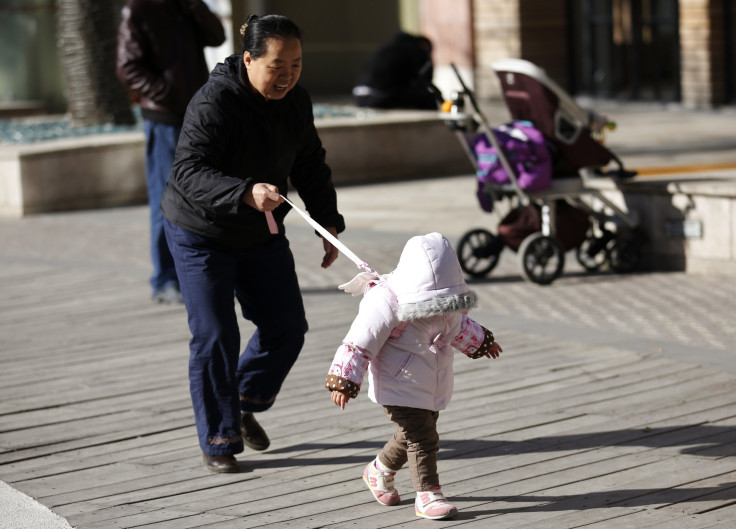Controlling Parents Lead To Mean College Kids: How To Prevent Your Kid From Being Awful

Toxic helicopter parenting puts children's health in jeopardy and also damages parents' future relationships with their children. And now, another problem has emerged: A recent study conducted by researchers from the University of Vermont has found that parents who guilt and manipulate their children into being who they want will end up stressing them out and turning them into people who are mean to their friends.
Lead researcher Jamie Abaied and her colleagues recruited 180 college students who were mostly female. Researchers conducted carefully crafted interviews that asked students to describe a painful event involving someone close to them, including an argument with a roommate or a breakup with a boyfriend or girlfriend, before recording their sweat levels to gauge their stress response to that particular experience. More perspiration indicated “high arousal,” and that the participant was more upset.
Participants with a “high arousal” response were considered hot-tempered and more likely to react without thought — for example, hitting the “send” button on a nasty email immediately. Students who sweated less, on the other hand, exhibited “blunted arousal” and were able to stay calm and think before making a rash decision. A questionnaire determining levels of parental control revealed that more control led to higher aggression, while less control meant less aggression.
"Basically, we were trying to get them to relive" the difficult experience, said Abaied, an assistant professor of psychological science at UVM, in a statement. "Just to get their bodies to demonstrate their stress response to us. If you're calm, you can be strategic and planned in your aggression. You can really use your aggression to control your relationship and stay dominant over your peers."
Although college-aged students are often in the process of leaving the nest, they still rely on their parents for financial and emotional support. Thanks to text, email, and social media, parents can decide to withdraw both money and affection as punishment or a means of getting the result they desire. Unfortunately, this will only stunt students' newly found independence.
"You can do that from far away," Abaied added. "You don't have to be in person to manipulate your kids' thoughts and emotions. We need to be really mindful of how influential the parents are. It seems like good parenting protects them. Good parenting prevents them from being aggressive in their peer relationships."
Evidence has shown that helicopter parents often trigger “relational aggression” in their children. Relational aggression refers to a relationship with a loved one in which actions harm feelings or damage social status. This is rarely studied among college students. UVM’s study is also unique because it incorporates physiological factors. The miniscule changes in sweat they uncovered could pave the way for behavioral therapies that improve child and parent relationships.
Source: Wagner C, Abaied J. Skin Conductance Level Reactivity Moderates the Association Between Parental Psychological Control and Relational Aggression in Emerging Adulthood. Journal of Youth and Adolescence. 2016.



























